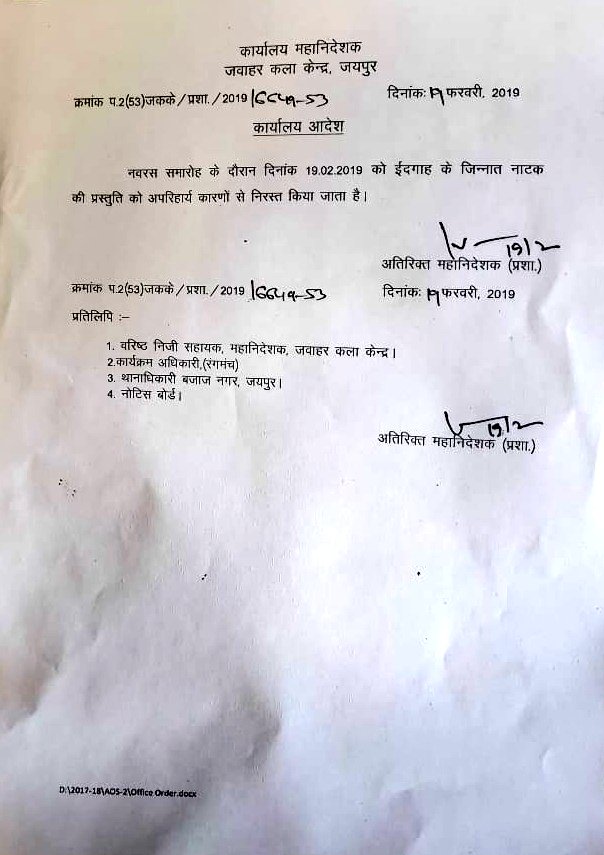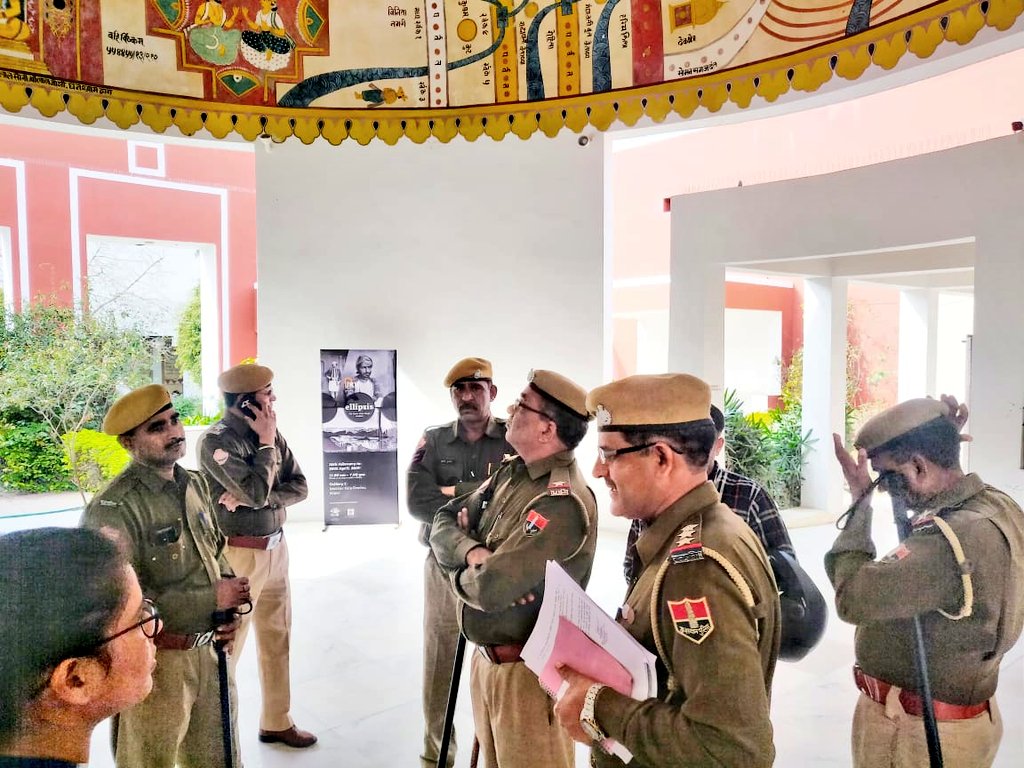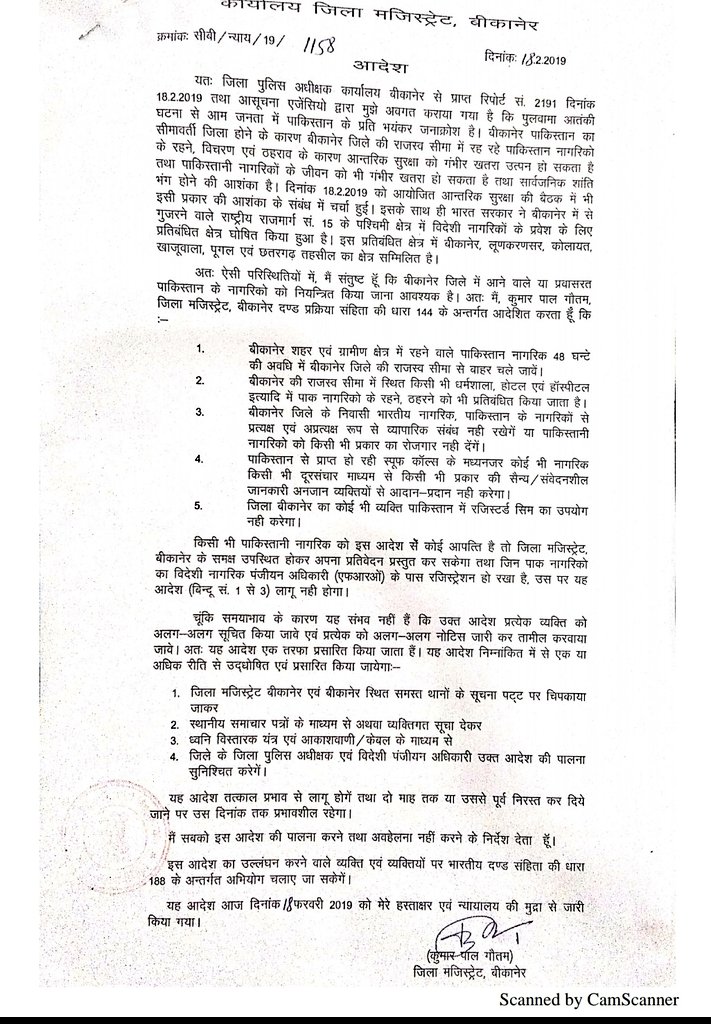Here we go!
If it's very clear you've never looked at the New Naratif site, have no idea what we do, or what editorial illustration is, then:
hemingwayapp.com can be helpful in this regard.
Another method of trimming is to read the essay aloud and see which parts are a mouthful.
(you'd be surprised how many of those I have gotten.)
If you're sending your work to an art director, it's commonly recommended to attach 2-3 JPGs to the email and include a link to your portfolio website.
v.s.
"By going to this workshop, I will improve my pitch packet for [z comic] which I hope to send to [x, y] publishers. I'll also get to meet comics professionals and get feedback on my portfolio from them."
Get feedback from friends or mentors you can trust. For things like grants, residencies, scholarships, it's helpful to talk to people who've gotten it. They can tell you quirks or strengths that the programme looks for.
...think of it as a way to show the organiser what you can do, who you are, and how you can help them (and vice versa).
In other words, be yourself!
I like to think of portfolios and apps as risk assessment tools. They help the art director assess the risk of hiring/ funding you. More specifically, "If I hire this person and they have a bad day, what's the worse that could happen?"
But while those old formats still exist, it's useful to learn how to work within them as best as you can.






